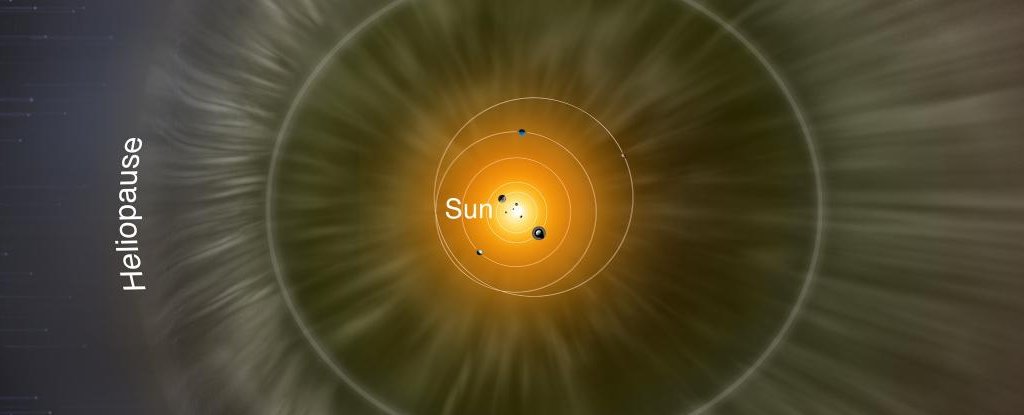MI weekly selection #346

Voyager data measure higher pressure at fringes of solar system
The Voyager probes have provided NASA scientists with data that suggest the pressure at the outer edges of our solar system is much higher than previously believed. Astronomers also discovered a reduction in the intensity of cosmic rays there.
Bronze Age households had mix of rich, poor individuals
Researchers examining the remains of Bronze Age communities in what is now southern Germany have found evidence that both rich and poor individuals lived within the same households, suggesting a social hierarchy. “We were absolutely surprised to find that social inequality was a phenomenon within households rather than between households,” said Philipp Stockhammer, co-author of the study.
Bees’ counting improves when punished for errors
Honeybees improve their counting ability when they are penalized for their mistakes rather than solely being rewarded when right. Researchers divided bees into two groups, and bees in the group that was given a reward when correct or punished with a bitter solution when wrong performed better than the group that was only rewarded when right.
Humans can regenerate body parts in a way similar to salamanders
The healing process in humans is similar to the process used by salamanders and other amphibians to regenerate damaged or lost limbs. The researchers examined cartilage in human hips, knees and ankles and found that proteins in the cartilage showed a pattern of regeneration not observed previously.
Soil in Mexican rainforest holds new antibiotic
Soil in a rainforest in Mexico contains an antibiotic that researchers are calling phazolicin, which appears to work against a number of different kinds of bacteria, especially in plants. “We hope to show the bacterium can be used as a ‘plant probiotic’ because phazolicin will prevent other, potentially harmful bacteria from growing in the root system of agriculturally important plants,” says study author Konstantin Severinov.